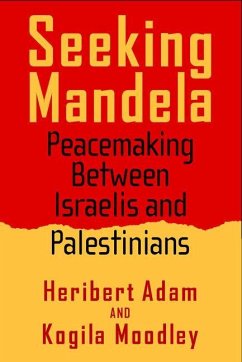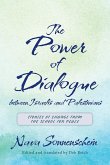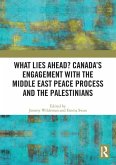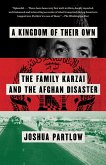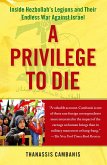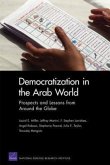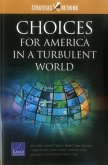Draws lessons from the SA experience for alternatives in the Middle East
The ongoing violence, despair and paralysis in Israel/Palestine resembles a similar gloomy mood in South Africa during the late 1980s. Analogies with the South African case are increasingly applied to Israel/Palestine for two different purposes: to showcase South Africa as an inspiring model for a negotiated settlement and to label Israel a "colonial settler state" that should be confronted with similar strategies (sanctions, boycott) as applied against the apartheid regime. Both assumptions are problematic, because of the different historical and socio-political contexts. Peacemaking resulted in an inclusive democracy in South Africa, while territorial separation in two states is widely hailed as the solution in Israel/Palestine. However, a viable Palestinian state is undermined by Jewish settler expansionism and separation barriers on occupied land. Unresolved issues in comparative politics and practical questions for conflict resolution can be clarified from the real-life laboratories of Israel and South Africa.
Preface: Reflections on Moral Literacy; Introduction: Political Travel Through the Holy Land; 1: Controversial Issues in Overview; 2: The Problematic Israel-South Africa Analogy; 3: Visions of Endgame; 4: After the Violence; 5: The Politics of Memory: How Democracies Deal with the Crimes of Previous Regimes; 6: The Politics of Reconciliation and Transitional Justice; Conclusion: Solutions Revisited and Lessons Drawn
"This book is fair-minded, judicious, and looks at both sides in as open and 'neutral' a manner as possible." William Safran, department of political science, University of Colorado
"[Mandela in Palestine?] is timely, political relevant and contributes to an ongoing political debate surrounding issues of conflict and conflict resolution." Natan Sznaider, Academic College of Tel-Aviv
Hinweis: Dieser Artikel kann nur an eine deutsche Lieferadresse ausgeliefert werden.
The ongoing violence, despair and paralysis in Israel/Palestine resembles a similar gloomy mood in South Africa during the late 1980s. Analogies with the South African case are increasingly applied to Israel/Palestine for two different purposes: to showcase South Africa as an inspiring model for a negotiated settlement and to label Israel a "colonial settler state" that should be confronted with similar strategies (sanctions, boycott) as applied against the apartheid regime. Both assumptions are problematic, because of the different historical and socio-political contexts. Peacemaking resulted in an inclusive democracy in South Africa, while territorial separation in two states is widely hailed as the solution in Israel/Palestine. However, a viable Palestinian state is undermined by Jewish settler expansionism and separation barriers on occupied land. Unresolved issues in comparative politics and practical questions for conflict resolution can be clarified from the real-life laboratories of Israel and South Africa.
Preface: Reflections on Moral Literacy; Introduction: Political Travel Through the Holy Land; 1: Controversial Issues in Overview; 2: The Problematic Israel-South Africa Analogy; 3: Visions of Endgame; 4: After the Violence; 5: The Politics of Memory: How Democracies Deal with the Crimes of Previous Regimes; 6: The Politics of Reconciliation and Transitional Justice; Conclusion: Solutions Revisited and Lessons Drawn
"This book is fair-minded, judicious, and looks at both sides in as open and 'neutral' a manner as possible." William Safran, department of political science, University of Colorado
"[Mandela in Palestine?] is timely, political relevant and contributes to an ongoing political debate surrounding issues of conflict and conflict resolution." Natan Sznaider, Academic College of Tel-Aviv
Hinweis: Dieser Artikel kann nur an eine deutsche Lieferadresse ausgeliefert werden.

